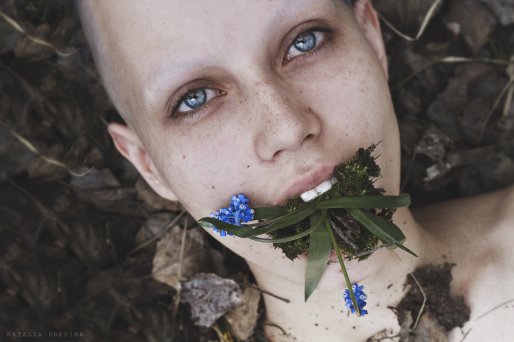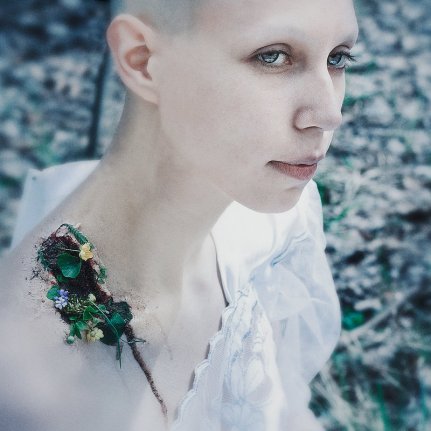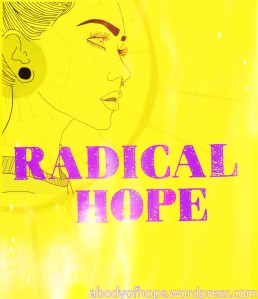Blog Archives
Cure Worship, Illness Gratitude, & Finding the balance between
To be thankful while you are suffering is one thing, but to be thankful for suffering….
Once in a while in the support group I administrate, there is someone who makes a statement that is so powerful, it catches me off guard and it sets my soul on fire. In truth, this isn’t a rare occurrence. I guess you could say that those suffering so deeply every single moment of the day have some profound insights to share. One thing that inspires me the most is when people say they are thankful for their illness. That is a bold statement that I believe one would never come to lightly- and no one would EVER openly say something so provocative in a support group setting among a band of individuals with severe chronic diseases, unless they truly meant it. That’s why it always gives me pause whenever I hear such powerful expressions.
It’s not unusual for those who go through a near death experience or a serious short term illness to find deeper meaning and purpose. It’s no less real, but it is more common when the storms have an end, and suffering can be left behind. While it’s not rare for those with ongoing illness to eventually find new ways to appreciate life again, to say they are grateful for their illness, it is so much more rare in cases of chronic disease. Why? Because an illness that is daily, constant, and does not see an end- is far easier to hate than to get excited about. A condition which may be degenerative, becoming more painful and physically or mentally compromising over time, isn’t easily beloved…as you can imagine. To me, it’s almost a miracle hearing that anyone would be happy or thankful that they became so sick. Others with chronic illness can find statements like these offensive, even. These ideas of “illness gratitude” certainly border on the extreme, but make one wonder where their personal journeys have lead them to truly embrace their infirmities.
I’ve heard people claim to be thankful they are in pain and chronically ill because it transformed their lives. It made them see the world in a different light. Their conditions allowed them to shake off the clutter and stress of a life that they realized didn’t have substance, and focus on a life of greater meaning and value. They once believed losing their career meant losing their purpose, but I’ve spoken to those who say that they are so thankful they became ill because now they found their true calling. Some have said that their new life of chronic illness has enabled them to be there for people in ways they never could have in their “healthy” life, so they are forever thankful for their new sick bodies, and how useful they can be to others through deeper compassion and connection. Sometimes people are grateful they are in pain because it has brought them closer to their faith, and they cherish a higher spiritual connection they never could have had without constantly being pushed to the edge of what they can endure. They are forced to cling to God instead of their own strength, and in that comfort, they find gratitude for suffering that brought them more enrichment spiritually.
Again, these are extreme statements, but thought provoking and inspiring nonetheless!
Most often, people I encounter long for a cure or pray to be healed. That’s normal, and that’s not at all unhealthy. Research in psychology equates the loss of health or a limb to losing a family member or spouse passing away. It’s earth-shattering. The losses just keep coming. With chronic illness, the grief starts over again and again. It’s cavernous, and there’s no end to the emotional roller coaster or the physical fight. Hoping for a cure, for healing, or for remission is what we all are desperate for, and that focus can at times become crucial for survival. But for some of us, restoration of health becomes a worship in itself, and begins to supersede everything else. Seeking a cure or healing can become such a focus that illness becomes nothing but a betrayal of God, of government, of doctors, and family. Nothing feels real except wellness and full restoration.
Obviously these are 2 opposite sides of the spectrum, and balance is always the goal.
When I was diagnosed at 22, I spent the first years asking God WHY? Staying up every night in excruciating pain, my leg felt as though it was breaking, nerves like being electrocuted and burning pain like nothing I could have ever imagined before. Full body spasms, tremors, the room spinning, my heart racing and palpitating, wondering how I had planned and worked so hard for everything that had lead me here, just to lose it to this “incurable degenerative” condition that no one seemed to be taking very seriously to help me try recover from. It didn’t make any sense. As much as I tried to analyze it, I couldn’t crack the code. It only made sense for me to get better, so I searched for my panacea, and prayed (demanding) that God must heal me. At the time, I wasn’t a big prayer person, but illness has a way of connecting you to your higher power. In the Bible, yes, there is healing, but there is also so much pain. The importance of learning through pain, finding ways to share strength or comfort inside of infirmities, these are scriptures that have been so encouraging to me.
I eventually felt lead to make a decision. I believed God would heal me, and I still do believe that is true. But, I decided that if I was going to spend any period of time living a “sick life” I was going to explore it. As much as I was desperate to go back in time, moving forward is all I could do, it’s all any of us can do- Even if it’s slowly, frightened, and with tears in our eyes.
I cannot go as far as saying that I am thankful I am chronically ill. I can say that at almost 12 years, I’m so grateful I made that decision to press forward and try to find myself inside of this life. If I had stayed so distracted by my past, or so focused on what I might be losing in the future, I would have missed every bit of the beauty, the miracles, the blessings, the generosity of others, the opportunities to be of use, and purpose found inside of this pain.
*****
More than that, we rejoice in our sufferings, knowing that suffering produces endurance, and endurance produces character, and character produces hope, and hope does not put us to shame, because God’s love has been poured into our hearts through the Holy Spirit who has been given to us. Romans 5:3-5
I am content with weaknesses, insults, hardships, persecutions, and calamities. For when I am weak, then I am strong. 2 Corinthians 12:10
For I consider that the sufferings of this present time are not worth comparing with the glory that is to be revealed to us. Romans 8:18






